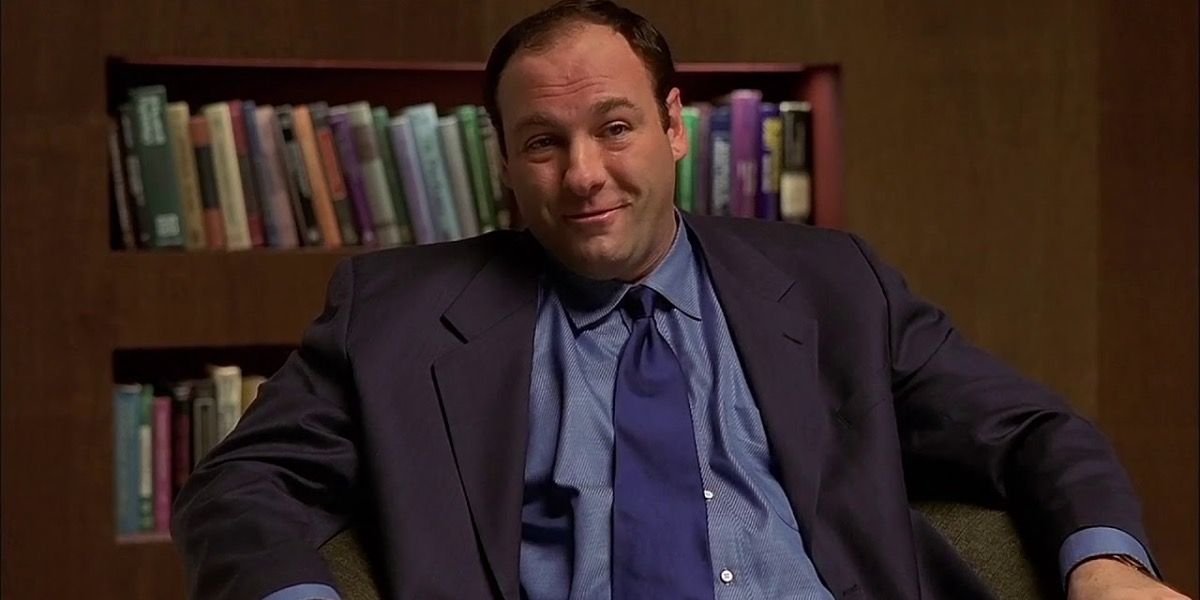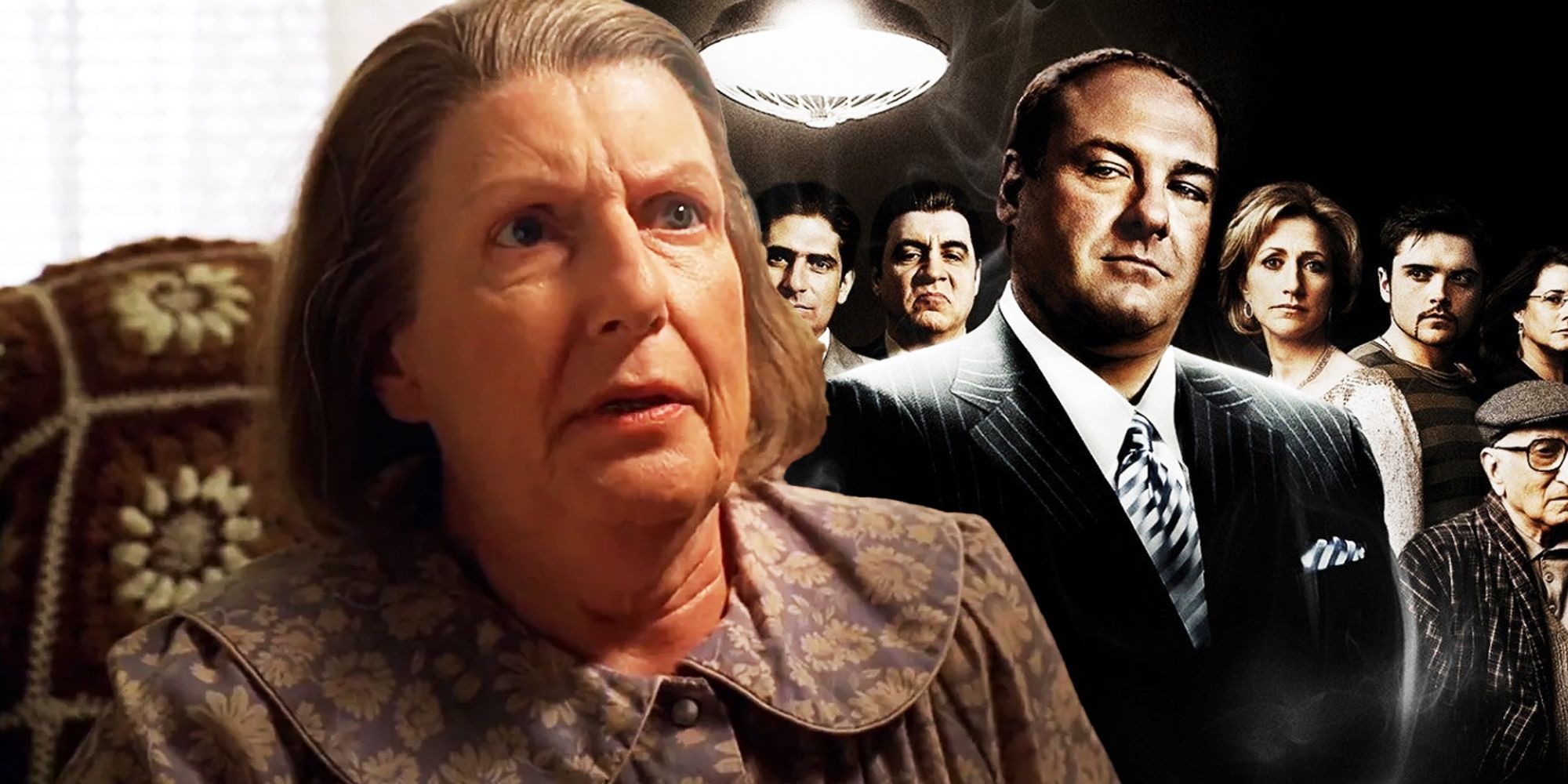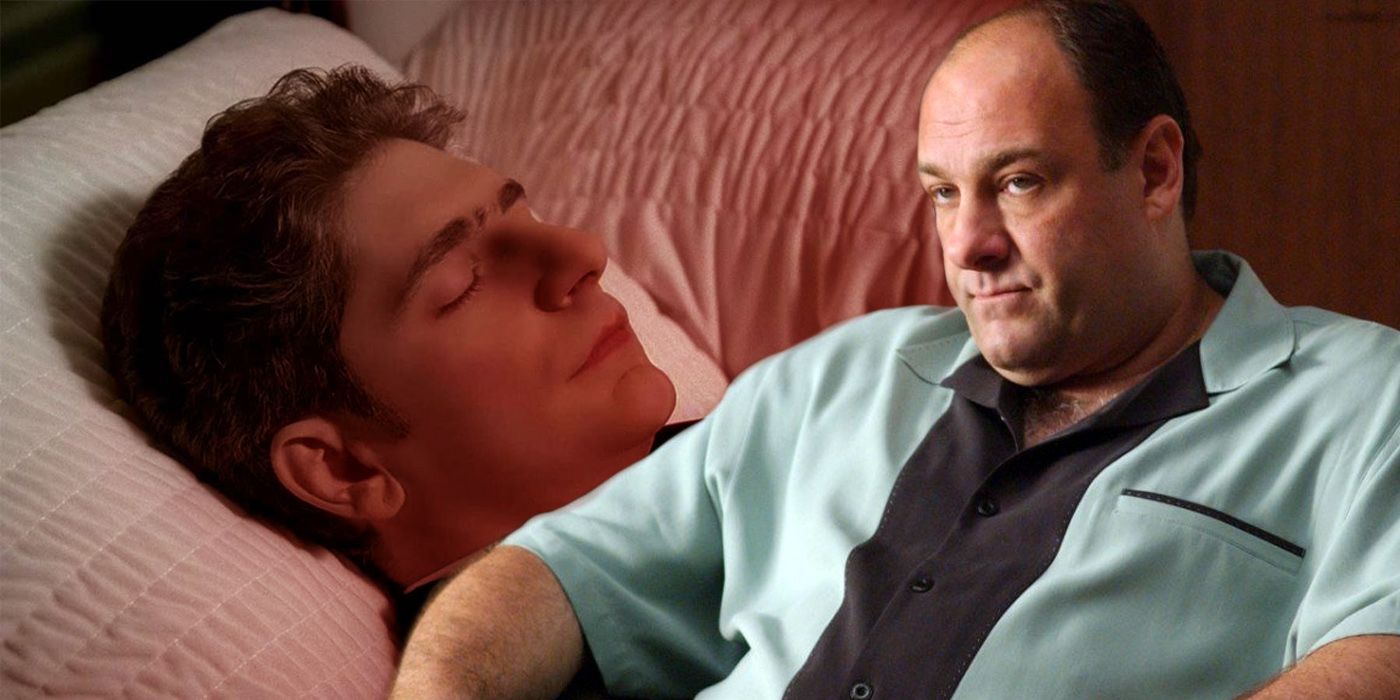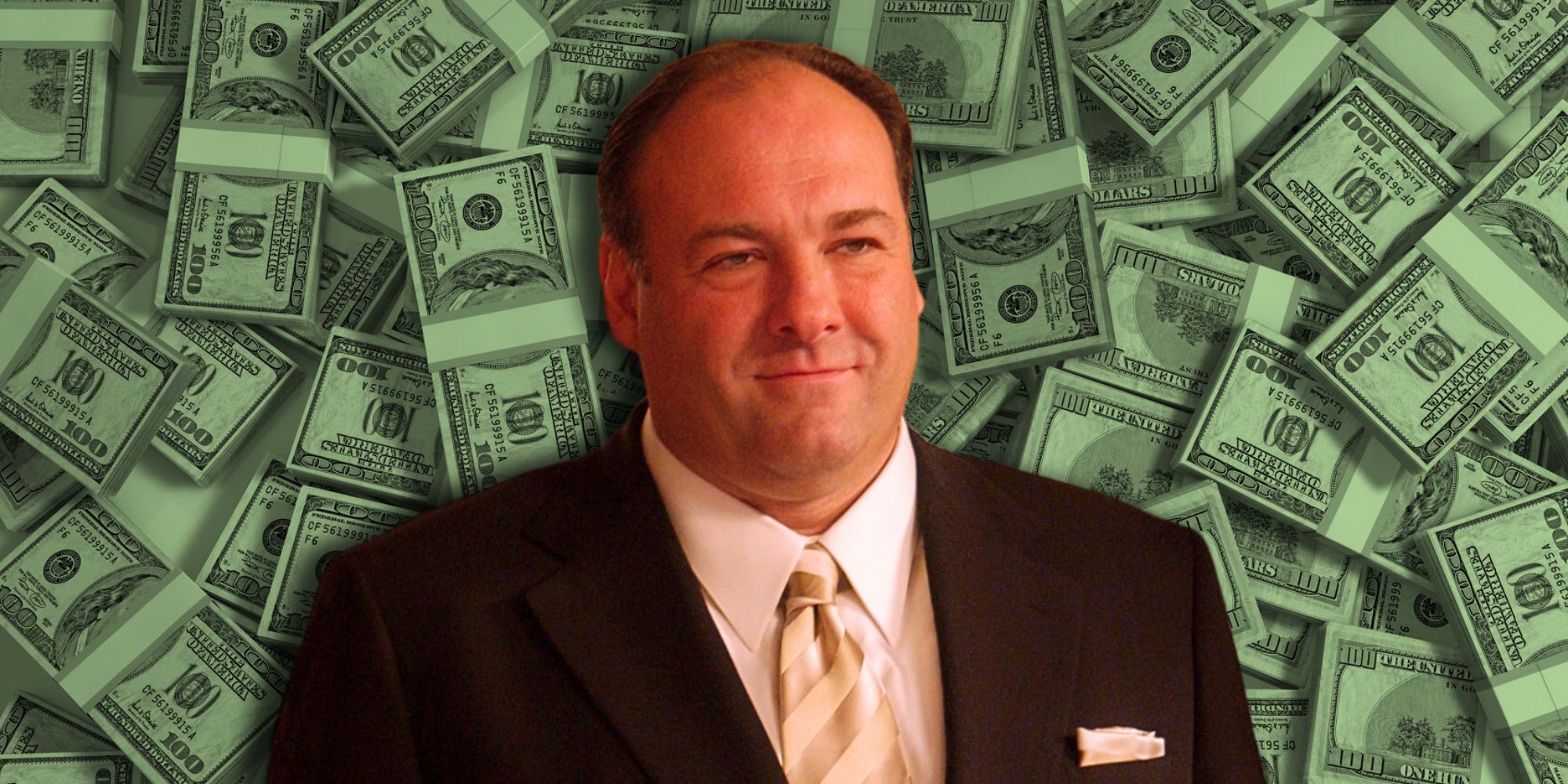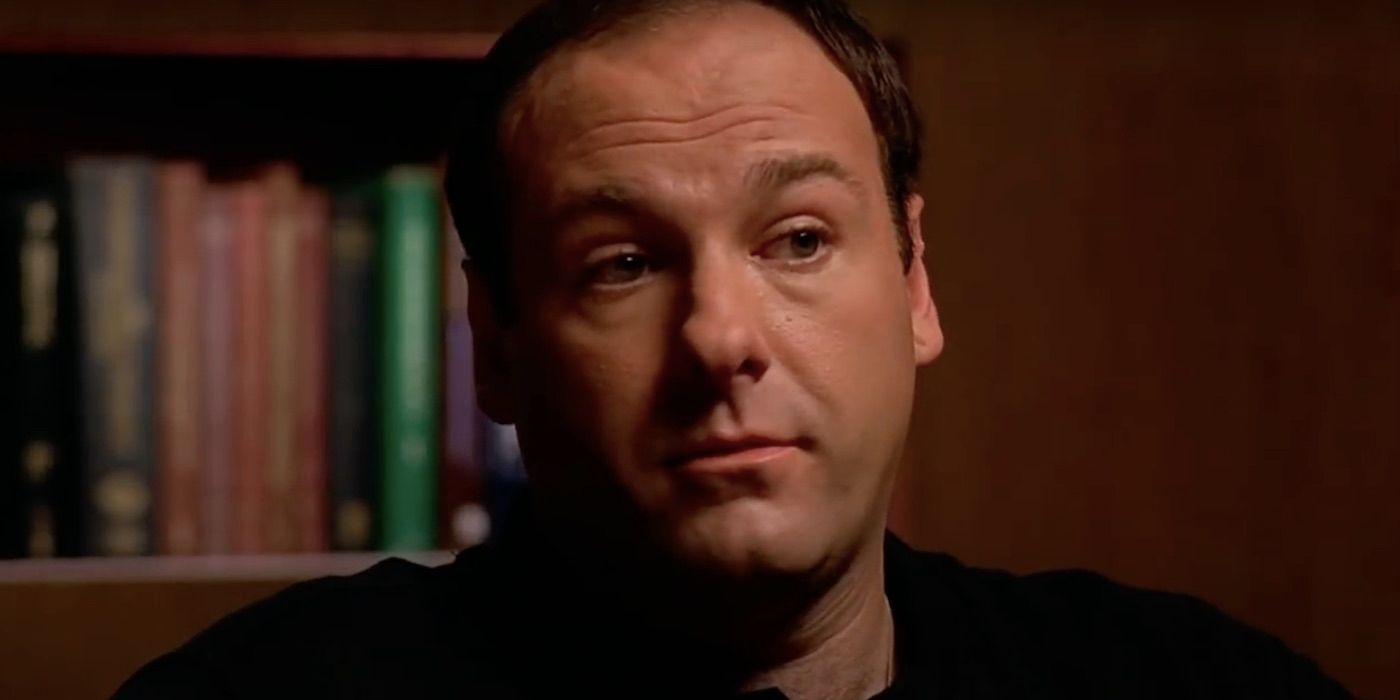
The Sopranos Unveiled: Decoding Tony's Dark Enigma with Psychological Insights

A deep dive into the psyche of Tony Soprano: Discover how therapy unraveled the complex layers of this iconic character in The Sopranos
Tony from The Sopranos is considered the ultimate antihero by a psychiatrist who breaks down his character. The show, which premiered on HBO in 1999, follows the life of Tony, a member of the Mafia and leader of the DiMeo crime family. Throughout the series, Tony seeks therapy and his sessions with Jennifer Melfi reveal insights into his personal life. The Sopranos received praise from critics and viewers throughout its six-season run, with James Gandolfini's portrayal of Tony solidifying him as a iconic protagonist in television.
In a recent GQ video, psychiatrist Dr. Eric Bender explains the reasons behind Tony Soprano's antihero status. He analyzes the therapy scenes and acknowledges the traumatic events Tony has experienced in his life. Bender notes that audiences still root for Tony because they have a certain level of sympathy for him, which is evident in his interactions with others, including his family. See Bender's comments about Tony Soprano below and watch the video starting at the 6:45 mark.
This is one of the first instances where therapy is portrayed realistically on television. We witness the frustrations experienced by the characters, such as when one of them exclaims, "Therapy’s a j—k-off, you know it, I know it," and the therapist responds with, "I actually don’t know it." I often hear similar sentiments from my patients, although they may not use the same exact words. They frequently express their frustration by questioning when therapy will end, the purpose behind it all, and how to navigate through their overwhelming emotions.
When assessing personality disorders, we explore whether a person's interactions with the world differ significantly from the cultural norm. The character in question is deeply entrenched in the mafia culture, where violence and doing whatever it takes to achieve their desires are expected. Consequently, he appears successful within that context. However, outside of this environment and within his own family culture, he struggles. There could be numerous reasons for this. Growing up in a mafia family exposed him to incidents of extreme violence, such as witnessing his father mutilating someone for non-payment. Additionally, his mother likely exhibited traits of narcissistic personality disorder and other personality traits, which further shaped his upbringing.
There is a term known as Adverse Childhood Experience (ACES), which refers to traumatic events that occur during a person's childhood. Tony has experienced numerous ACES, and it would be intriguing to ascertain where he falls on an ACE inventory. He is an antihero because, like us, he tries to create a family, navigate the challenges of daily life, and cope with circumstances beyond his control, such as his son's depression. We are able to empathize with his struggle and support his attempts to do his best. In his peculiar manner, Tony opens up about his vulnerabilities, expressing how he appears to have control over his life but still feels like a loser. He struggles to form meaningful connections with people and lacks the ability to communicate openly and empathetically with his daughter or to validate his son's feelings. He doesn't know how to effectively parent his children, and raising kids doesn't come with a manual. For him, seeking help implies that he is doing something wrong and that he is somehow inadequate, and this feeling is insufferable to him.
What Therapy Revealed About Tony In The Sopranos
After suffering a panic attack, Tony started therapy and reluctantly opened up to Dr. Melfi about his depression. Despite initial reservations, he continued attending their sessions, which became a significant aspect of The Sopranos. Over time, Dr. Melfi gained insight into Tony's life and the immense stress he faced. Throughout the show, Tony addressed issues concerning his mother and his personal life in therapy, even persuading his wife, Carmela, to join. While Tony and Dr. Melfi's relationship was explored during therapy scenes, any potential romance remained unfulfilled. Despite a brief kiss and Tony's occasional dreams about his therapist, their dynamic remained strictly professional. However, Dr. Melfi eventually stopped treating Tony. Notably, Tony's explosive temper emerged, including an incident in therapy when he threatened Dr. Melfi over a discussion about his mother.
Due to the development of the series and his ultimate fate in the final episode of The Sopranos, Tony indeed transforms into an antihero. Although Tony has committed wrongdoings, the show portrays him in such a way that viewers can empathize with him. Despite his initial resistance to assistance, it is through this help that audiences are able to gain a deeper understanding of his character.
